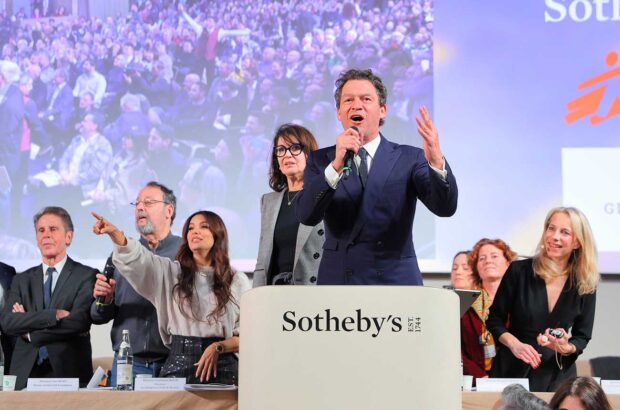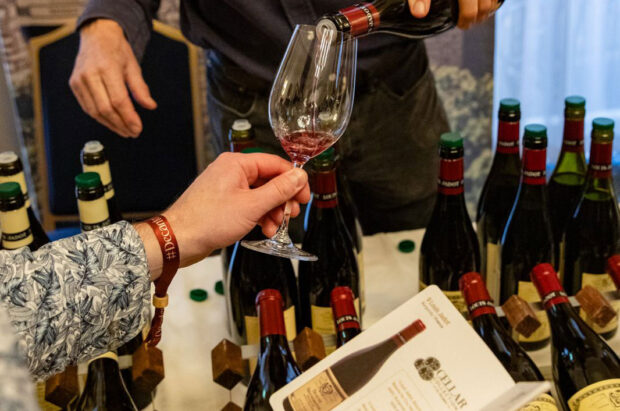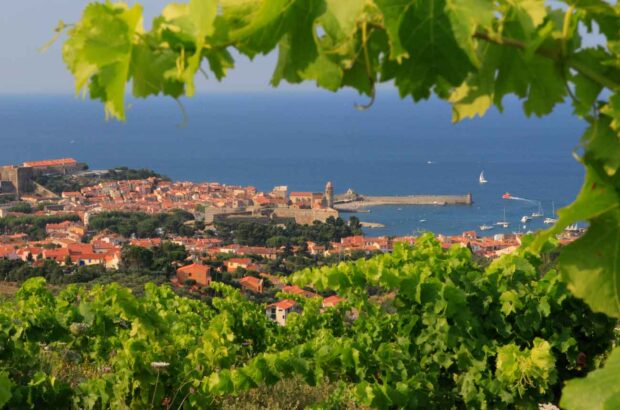Almost one in five of those surveyed by PricewaterhouseCoopers have bought counterfeit alcohol, despite 90% saying that counterfeiting is ‘morally wrong’.
Around 18% of the 1,073 UK residents who answered PwC’ s survey said that they sometimes purchase counterfeit alcohol.
While most of those people are thought to buy fake spirits, counterfeit wine has also been a problem at various tiers of the drinks trade in recent years, from fine wine fraud to suspect bottles in corner shops.
In July this year, England’s Local Government Association issued a warning to ‘shoppers looking to pick up a cheap bottle of plonk’ over the summer. Officials, it said, have seized various bottles of counterfeit wine across the country, including those branded as Jacob’s Creek and Blossom Hill.
It warned that consumers who knowingly buy counterfeit alcohol are putting their health at unnecessary risk, and it advised watching for elementary errors, such as spelling mistakes on labels.
Mark James, of PwC’s anti-counterfeiting team, told decanter.com that technological advances have made it easier for counterfeiters to access markets. ‘The advent of the internet means that it’s never been easier to set up a business, but also to set up an illegitimate business.’
He added that, for those looking to produce fakes, ‘it is not hard’ to find people willing to produce illegitimate labels via online searches.
Miles Beale, chief executive of the UK’s Wine & Spirit Trade Assocation, told decanter.com, ‘it is worrying that, despite 90% considering it morally wrong, so many people admit to turning to counterfeit alcohol, which often carries very real health and safety risks.
‘With taxation being the single greatest contributor to price rises for alcohol, we will be raising these findings with Government.’
Customs officials in the UK have seized nearly 15m litres of fake alcohol since 2005, according to PwC.
Written by Chris Mercer







